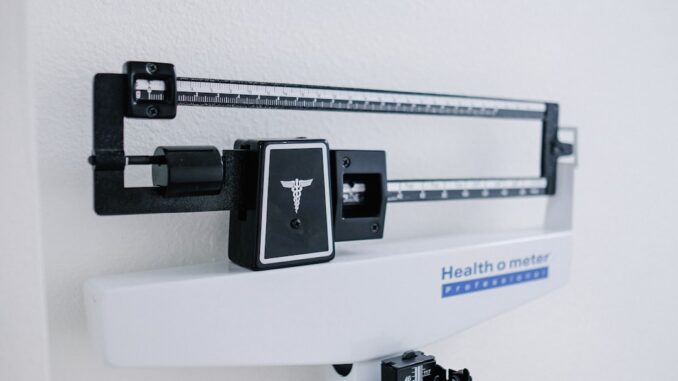
Summary
This article explores groundbreaking research using precision medicine to identify obesity subgroups at high risk of diabetes and heart disease. Scientists developed a prediction algorithm that categorizes individuals based on their unique characteristics, enabling targeted interventions. This innovative approach promises to revolutionize obesity management and improve patient outcomes.
** Main Story**
Precision Medicine: Finding the High-Risk Groups Within Obesity
Obesity, it’s a real issue. It can seriously increase your risk of developing things like type 2 diabetes and heart disease; scary stuff, I know. But here’s the thing: not everyone who’s considered obese ends up with these complications. Now, a new approach, precision medicine, is showing real promise. It’s about spotting those subgroups of people with obesity who are at a higher risk. The goal? To get them the right help at the right time, which can make a big difference.
Why the ‘One-Size-Fits-All’ Approach Doesn’t Work
You see, the traditional way of dealing with obesity often lumps everyone together. Which, when you think about it, is kinda crazy. People are different! They have different genetics, different lifestyles, all of which play a part in whether or not they develop health issues. A one-size-fits-all approach just doesn’t cut it. It’s like trying to give everyone the same prescription, regardless of their symptoms. And that just, won’t work.
Precision Medicine: Getting Specific
Precision medicine, on the other hand, gets specific. It looks at you as an individual – your genes, your medical history, your habits – to figure out exactly where you fit in. So, by really understanding these subgroups, healthcare providers can make sure you get the interventions that are going to work best for you. It’s about tailoring the treatment to the person, not just the condition.
A New Prediction Algorithm That’s a Game Changer
Now, get this, researchers have come up with this algorithm, it’s really quite groundbreaking. It sorts people with obesity into five different profiles, each reflecting a different risk level for type 2 diabetes and heart disease. And the algorithm? It uses machine learning to crunch tons of data – your medical history, lab results, everything. It’s like having a super-smart detective looking for clues in your health records.
Spotting Risk and Taking Action
What’s cool is that this new algorithm beats those standard tools currently in use because those standard clinical prediction tools often miss people who could really benefit from early treatment. This new algorithm, well, it’s way more accurate. That means healthcare pros can spot those who need help before problems arise. Early action can be a game changer, right?
Treatments Tailored Just For You
Think about it: knowing which subgroup someone belongs to means treatments can be much more personalized. I mean, we can zero in on lifestyle changes that actually matter to the individual. Diet and exercise programs that are really tailored to their needs and preferences. And it helps doctors decide when medication is the right choice, too. It’s all about making sure people get the most effective treatment. I remember working on a similar project a couple of years back and the impact of personalized plans was amazing.
The Future? It Looks Bright for Obesity Management
This precision medicine approach, it’s got huge potential to change how we handle obesity, and it’s not just about treatment. By pinpointing those at high risk, healthcare providers can jump in early to prevent problems or slow them down. It’s better patient outcomes, less healthcare costs, and a total shift in how we think about obesity care. The key is to see obesity not as one big thing, but as many different things, all needing their own unique approach.
More Than Just Risk: Understanding the ‘Why’ Behind Obesity
But it’s not just about predicting risk, even though thats important. Figuring out these different obesity subtypes gives us insights into what’s actually causing the disease. And that? That’s what can lead to brand new treatments and prevention strategies designed for each specific type. As we learn more, precision medicine is gonna be crucial in making life better for those struggling with obesity. It’s an exciting area to be in, you know?


So, if this algorithm sorts us into five obesity profiles, does that mean I can finally get a dating profile that accurately reflects my “cuddly” risk level? Asking for a friend, of course.
That’s a *very* interesting thought! It does highlight how deeply intertwined health and lifestyle preferences can be. Imagine a dating app powered by precision medicine – it could match people based on shared health goals and risk profiles, leading to healthier and more compatible relationships! Food for thought indeed.
Editor: MedTechNews.Uk
Thank you to our Sponsor Esdebe
So, if this algorithm sorts us into five obesity profiles, does that mean my wearable can finally guilt-trip me with laser precision for skipping leg day based on my *actual* risk of heart goblins? Asking for science!